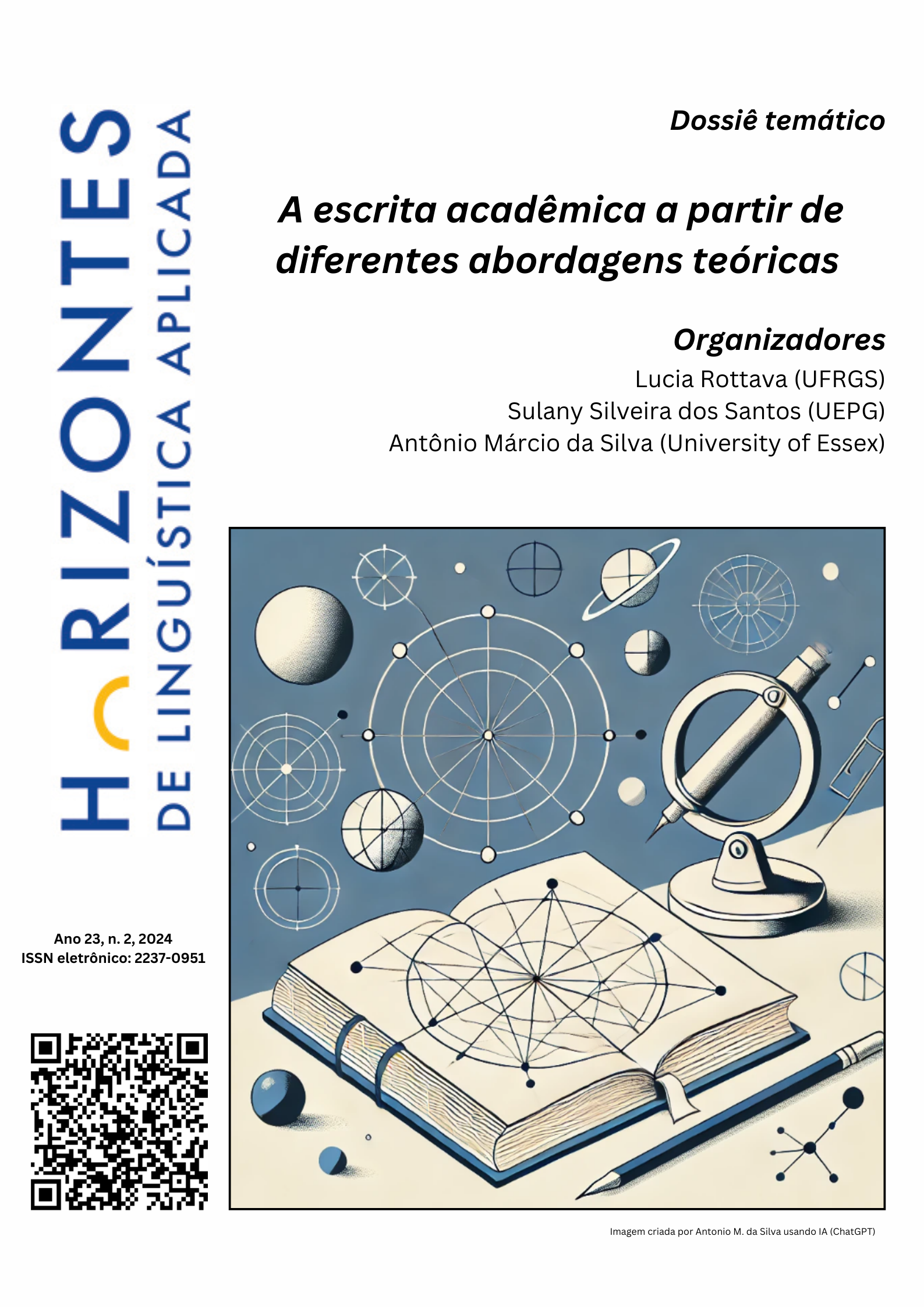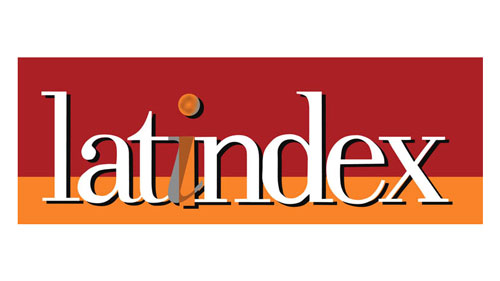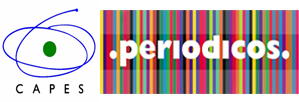Formative assessment as recursive feedback in an academic writing teaching approach via textual genres
DOI:
https://doi.org/10.26512/rhla.v23i2.52393Keywords:
Formative assessment, recursive feedback, academic writing, teaching via textual genresAbstract
The aim of this article is to present a pedagogical proposal to use formative assessment in promoting the learning of the textual genre “research pre-project” at the undergraduate level. A teaching experience carried out in the Letters course of Centro Federal de Educação Tecnológica de Minas Gerais (CEFET-MG), in a subject developed in a workshop format will be reported. Teaching was oriented by the theorization about formative assessment as feedback, designed by Avelar (2019) for the approach via textual genres aimed at multiliteracies development (KALANTZIS; COPE, 2012; COPE; KALANTZIS, 2015). The teacher had the partnership of a monitor, whose performance was fundamental in enriching interactions with students and in managing assessment processes implemented throughout the academic writing process they experienced. In addition to the analysis of the students’ textual productions, the monitor's impressions and the students' opinions, generated through a semi-structured questionnaire answered at the end of the semester, were objects of our reflections. It was possible to conclude that the work fostered research, promoted reflection and collaboration, led to the production of knowledge and culminated in the delivery of pre-projects of considerable technical quality, capable of effectively expressing their authors’ research intentions.
Downloads
References
AVELAR, S. L. T. A operacionalização da avaliação formativa na abordagem de ensino de língua estrangeira (inglês) via gêneros textuais do CEFET-MG. 2019. 210 f. Tese (Doutorado em Estudos de Linguagens) – Pós-Graduação em Estudos de Linguagens, Centro Federal de Educação Tecnológica de Minas Gerais, Belo Horizonte, 2019.
AVELAR, S.; BAMBIRRA, R. Process assessment in the pedagogy of multiliteracies – reflections about learning English as a foreign language in Brazil. In: SILVA, K. A.; DIAS, R. (Org.). A Rede Federal de Educação Profissional no Ensino Médio e da aprendizagem de inglês: visão geral e pedagogias vivenciadas. Campinas, SP: Pontes Editores, 2020. p. 269-292.
AVELAR, S.; VALENTE, V.; BAMBIRRA, R.; RACILAN, M. Awareness of the textual genre characteristics in the development of multiliteracies. In: 11th Annual International Technology, Education and Development Conference - INTED 2017: Sharing the passion for Learning. INTED 2017 Proceedings. Valencia: IATED Academy, 2017. p. 5177-5186.
BLOOM, B. S. Learning for mastery. Evaluation Comment, v. 1, n. 2, p. 1-12, 1968. Disponível em: https://eric.ed.gov/?id=ED053419. Acesso em: 11 ago. 2024.
BLOOM, B. S.; HASTINGS, J. T.; MADAUS, G. Handbook on formative and summative evaluation of student learning. New York: McGraw-Hill, 1971.
CARLESS, D.; BOUD, D. The development of student feedback literacy: enabling uptake of feedback. Assessment and Evaluation in Higher Education, v. 43, n. 8, p. 1315-1325, 2018. DOI: https://doi.org/10.1080/02602938.2018.1463354. Disponível em: https://www.tandfonline.com/doi/epdf/10.1080/02602938.2018.1463354?needAccess=true. Acesso em: 18 maio 2024.
COPE, B.; KALANTZIS, M. The things you do to know: an introduction to the pedagogy of multiliteracies. In: ______. (Ed.). A pedagogy of multiliteracies: learning by design. London: Palgrave Macmillan, 2015. p. 1-36.
HALLIDAY, M. A. K. Language as a social semiotic: the social interpretation of language and meaning. London: Edward Arnold, 1978.
KALANTZIS, M.; COPE, B. Literacies. Cambridge: Cambridge University Press, 2012.
MARTIN, J. R. Genre and language learning: a social semiotic perspective. Linguistics and Education, v. 20, n. 1, p. 10-21, 2009. DOI: https://doi.org/10.1016/j.linged.2009.01.003. Disponível em: https://www.sciencedirect.com/science/article/abs/pii/S0898589809000060?via%3Dihub. Acesso em: 11 ago. 2024.
RAMAPRASAD, A. On the definition of feedback. Behavioral Science, v. 28, n. 1, p. 4-13, 1983. DOI: https://doi.org/10.1002/bs.3830280103. Disponível em: https://onlinelibrary.wiley.com/doi/abs/10.1002/bs.3830280103. Acesso em: 11 ago. 2024.
SCRIVEN, M. The methodology of evaluation. Social Science Educational Consortium: publication 110. Lafayette, 1966. Disponível em: https://eric.ed.gov/?id=ED014001. Acesso em: 17 jan. 2024
Downloads
Published
How to Cite
Issue
Section
License
Copyright (c) 2024 Revista Horizontes de Linguistica Aplicada

This work is licensed under a Creative Commons Attribution-NonCommercial-NoDerivatives 4.0 International License.
Articles published by the Journal Horizontes de Linguística Aplicada are licensed under a Creative Commons Attribution-NonCommercial-NoDerivatives 4.0 International License.
By publishing in Horizontes de Linguística Aplicada, authors agree to the transfer of economic copyright to the journal. Authors retain their moral rights, including the right to be recognized as the creators of the work.
Authors and readers are free to:
Share — copy and redistribute the material in any medium or format
Under the following terms:
- Attribution — You must give appropriate credit , provide a link to the license, and indicate if changes were made . You may do so in any reasonable manner, but not in any way that suggests the licensor endorses you or your use.
- NonCommercial — You may not use the material for commercial purposes .
- NoDerivatives — If you remix, transform, or build upon the material, you may not distribute the modified material.
- No additional restrictions — You may not apply legal terms or technological measures that legally restrict others from doing anything the license permits.






